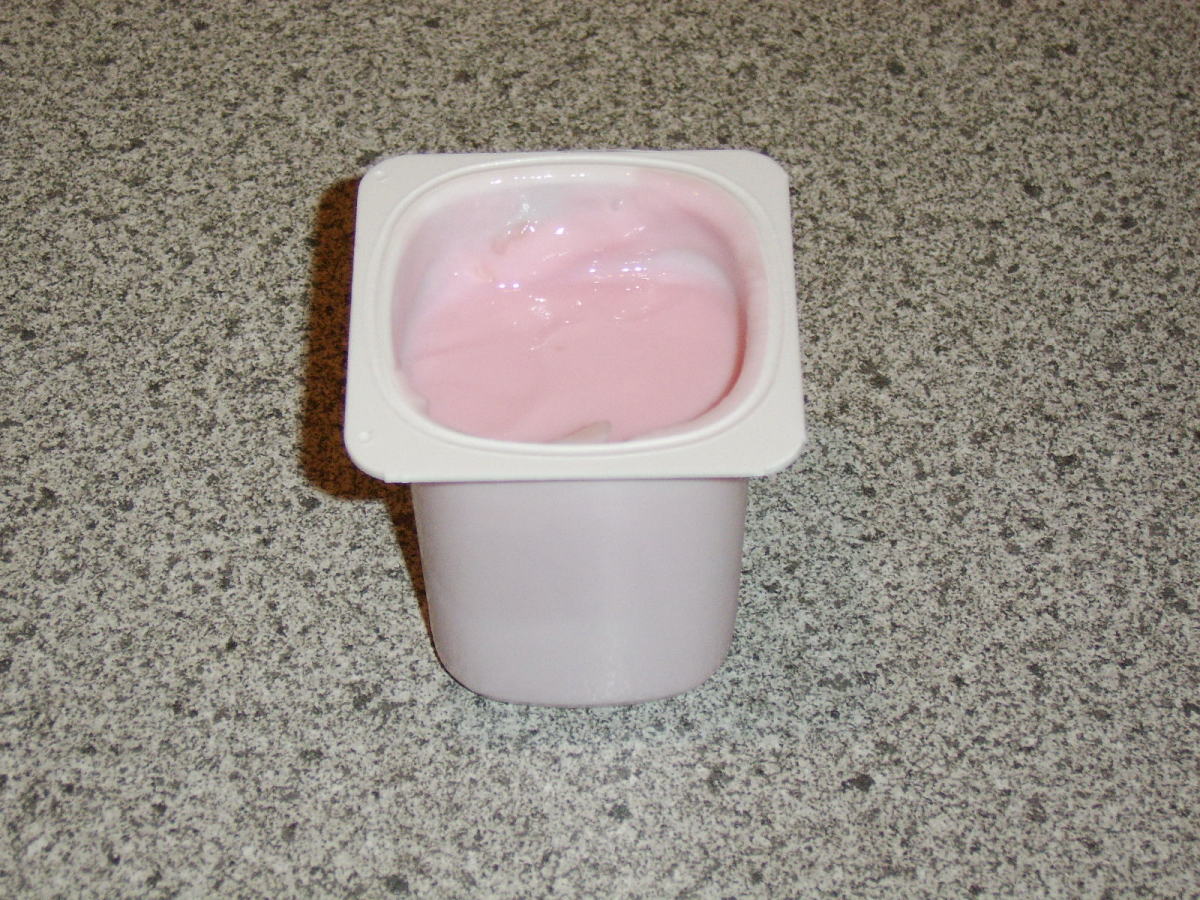Why conventional weight loss methods are dangerous and ineffectual

As a personal trainer, author, blogger and hubpager, I gotta tell you; it's really an uphill battle at times trying to get the message across about how people should actually go about managing their weight for long term health and happiness. In fact... on a GOOD day it's an uphill battle. Most days it's more like banging your head against a brick wall, or masturbating with a cheese grater or something.
How so? I hear you asking.
Well for a start, most people aren't looking for a legitimate answer. It's more like "i've been obese my whole life, surely I can just take a pill or add some berries to my breakfast and lose all the weight without actually changing anything else about my lifestyle that has contributed to the problem?"
Well unfortunately, no. It doesn't work that way. Despite the countless articles, spam posts and everything else from unscrupulous scam artists trying to exploit you with their garbage products that will tell you otherwise.
So the difficulty I (and any other ethical people actually trying to help you) have is in getting noticed amongst all the false, bad, misleading and dangerous advice that's all over the internet and the media in general. So even the people who are serious about tackling their weight problem and are prepared to take action and make changes in their life end up getting tricked into an approach that is dangerous and ineffective.
Dangerous though? How?
Well I am glad you asked.
Aside from being a poor strategy to reducing body fat, conventional approaches to weight loss through calorie restriction are actually dangerous as they encourage an eating disorder mentality amongst their victims. I'll say it again in case that wasn't perfectly clear: the diet industry actually encourages eating disorders.
Big call? Not really.
All of these "very low calorie diet" products (and that includes all the meal replacement products) promote the idea that "calories are bad" and to be thin you need to consume as little as possible. Aside from not actually being correct, what else does that message remind you of? It's like something straight off of one of those disturbing "pro-eating disorder" blogs. And yet there's an industry pushing this crap on to people, selling it through the internet, tv, in pharmacies... it makes my skin crawl. They should all be ashamed of themselves.
Don't believe me that VLCD is a bad strategy to weight management?
Fine. Don't take my word for it. Read any of the "fat acceptance" type blogs where they all talk about how hard they tried to starve themselves with every fad diet on the market, until they eventually came to the (incorrect) conclusion that they are just supposed to be bigger than other people.
Or ask anyone who's actually in shape and happy (ie - not people with eating disorders, who are all miserable). You'll be surprised how much delicious food they smash through on a daily basis.
I'm singling out the VLCD and meal replacement products so far, but there's plenty of popular diets that are actually terribly unhealthy and resemble genuine eating disorders. Anything that suggests avoiding fruits or vegetables (because who needs nutrients like vitamins and minerals anyway, right?) should be given a wide berth. Similarly any diet plan that prescribes highly restricted eating followed by a "reward" day is a fast track to developing a binge eating disorder.
Let's cut to the chase here and sort this out once and for all.
Generally speaking there are two causes of overweight or obesity.
The obvious cause is the regular over consumption of calories - aka, eating too much. This doesn't necessarily mean absolute gluttony on absolute junk food... even a small surplus of say a few hundred calories (say, a can of soft drink and a chocolate bar) will add up to significant weight gain over time.
The less obvious but (from my observations) perhaps just as common cause is from consistent under eating. Ironic then, that we attempt to cure obesity with Very Low Calorie Diets.
Understand this. Your body is designed for survival. Therefore, when you excessively restrict fuel intake (that's food), and increase energy expenditure (that's exercise) your body adapts accordingly. Specifically with hormonal changes that encourage conservation and storage of energy, rather than expenditure. In other words, you create a hormonal imbalance that actually promotes fat gain.
So on a VLCD or other restrictive diet, initially there is some weight loss mostly due to reduced fluid retention, with little actual fat loss. Once this initial weight loss stalls, we have two choices. Quit and go back to over eating (now with a hormonal response promoting fat gain) or (since we've been taught that calories are bad) we could always reduce even further into serious eating disorder territory.
In short, these approaches can't possibly work in the long term and only lead to either increased bodyfat, or eating disorders. Or both.
So to summarise:
Eating too much, obviously bad.
Eating too little, also bad. You get that by now, right?
How about this though - are you ready for it?
How about... just eating "The Right Amount"?
Ridiculous, right? That's my profound insight that no one's ever thought of before? Really?
Yes, really! List off all the diets, weight loss products or programs you've ever tried which did NOT produce REAL long term success. How many of them consisted of determining how many calories you should actually consume, and then just consuming that amount regularly?
None, right? I guess it's too obvious and too simple.
Simplicity; the ultimate sophistication.
It seems obvious to me that a simple, logical and straight forward approach is far more likely to bring success in any endeavour. When it comes to weight loss though, perhaps because people are accustomed to thinking of it as something difficult, unpleasant or complicated, they tend to gravitate towards more complicated, unpleasant and difficult solutions, believing that they will produce better results.
With the approach I have recommended above, we simply consume the appropriate amount of calories to maintain our goal weight, while following a suitable exercise program. If we determine that our maximum healthy weight is (for example) 65kg and consistently consume the amount of calories required to maintain this weight, there is no other possible outcome than eventually weighing 65kg.
Since we are eating appropriately to support our natural healthy weight range, the plan is easy to stick to as we do not feel that we are going hungry or depriving ourselves.
Related Articles From The Same Author
- How to actually lose weight with no scams, gimmicks or garbage.
- The latest on weight loss, according to science and my observations.
Unfortunately the fact remains that long term success with weight loss goals is a statistically unlikely outcome. Certainly though there are people out there who've lost weight and kept it off...






